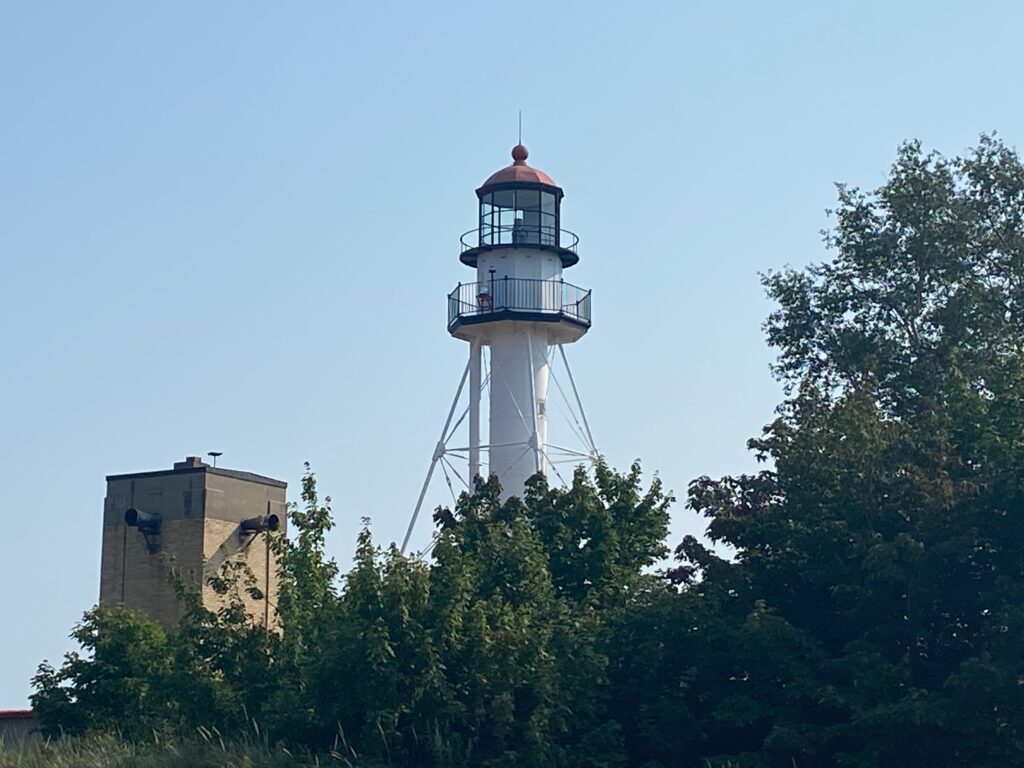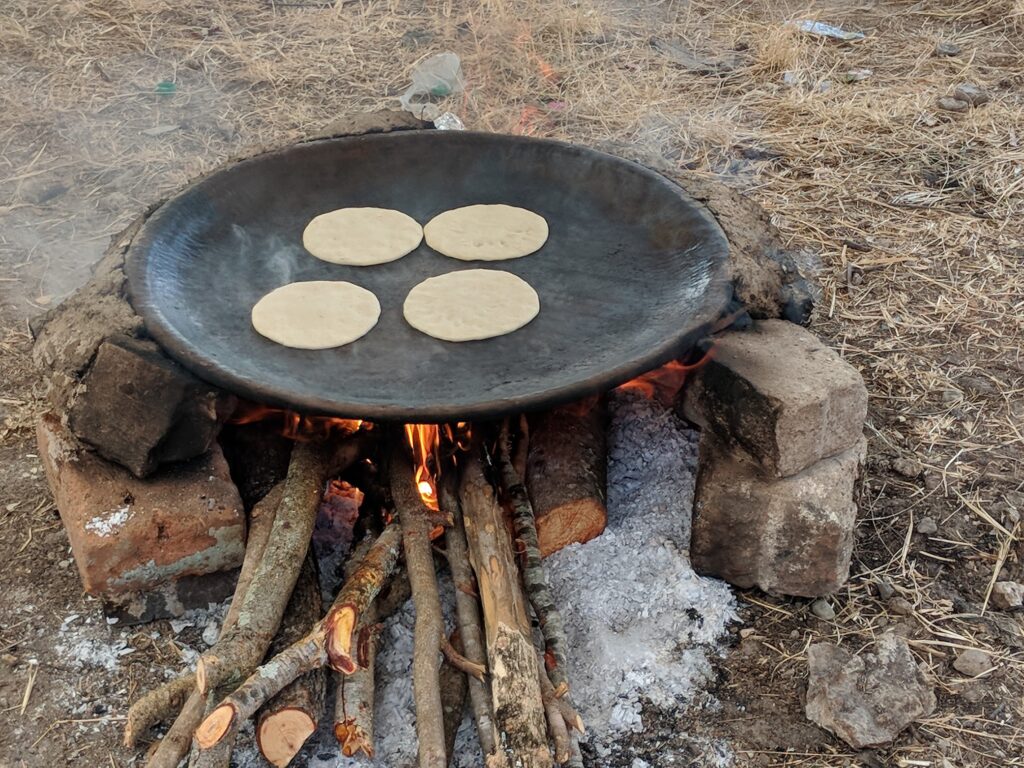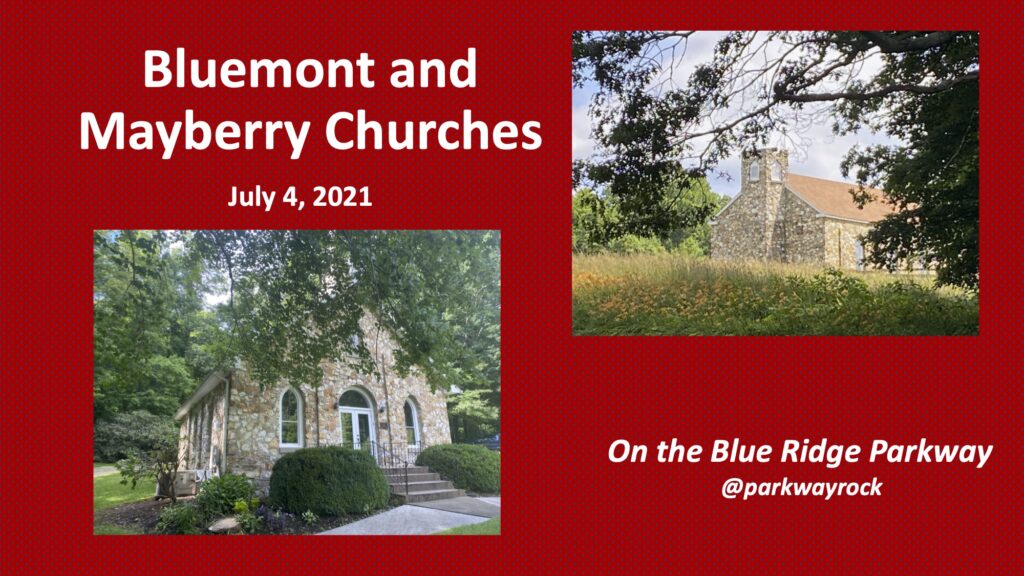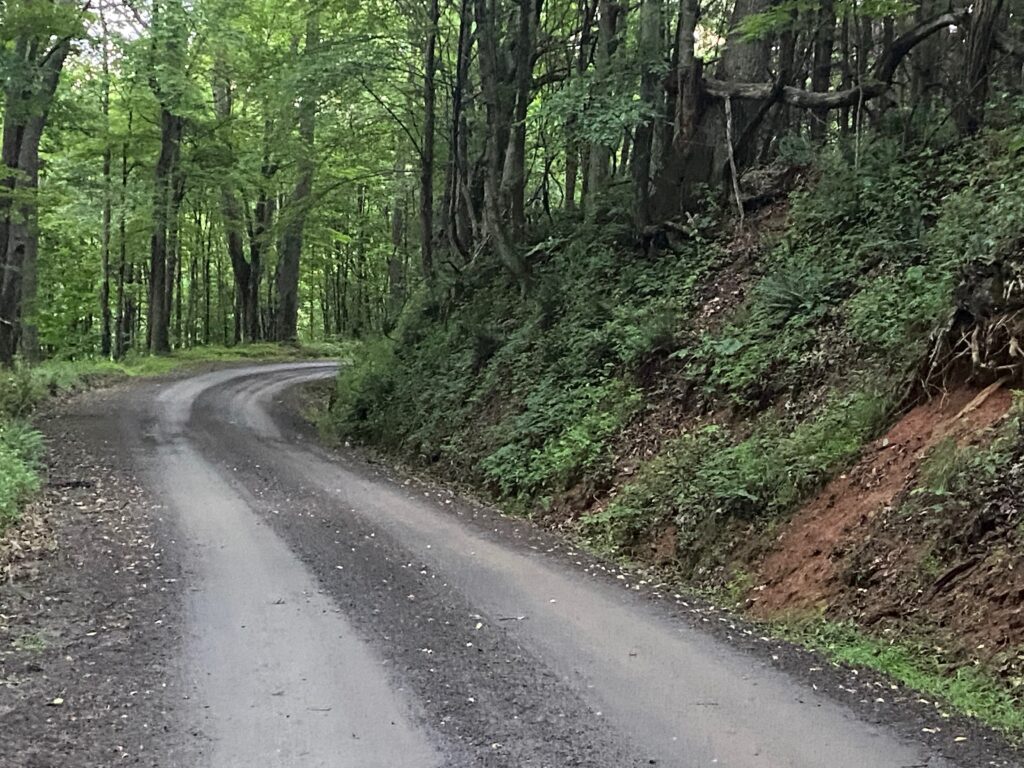Jeff Garrison
Bluemont and Mayberry Churches
August 15, 2021
Daniel 1:8-21
Introduction at the beginning of worship
Last week we learned how Daniel and friends, the cream of the crop of the young men of Jerusalem, were taken to Babylon roughly 600 years before Christ. This was before the great exile that occurred in 587 BCE. These young men were put into a three-year training program so that they might serve Babylon. While a great opportunity for them to study under top-notch scholars and to learn the Chaldean language and literature, it also created tension. How can they worship and be faithful to their God in such a pagan setting?
Today, we’re continuing with the first chapter, as we learn of their resistance to the Babylonian way of life. Daniel and his friends decide to forgo the king’s table for a vegetarian diet. And we learn that God blesses Daniel. Despite their “lightweight diet,” they prosper in both knowledge and strength. While this is the book named for Daniel, like all scripture, it’s not just about Daniel. It’s really about God. Today, we see God at work behind the scenes.
After the reading of Scripture
Stories of resistance
Some of you may remember North Korea capturing the American spy ship, the USS Pueblo, off its shores in 1968. The crew remained POWs for a year and during that time they were constantly tortured. When North Korea also wanted to use them in propaganda, they would clean up the crew for photos. The sailors resisted by giving the middle finger to the camera. When the North Koreans asked for an explanation, they informed them the middle finger was a Hawaiian “good luck” sign.[1]Of course, later, when the Koreans learned otherwise, the men were again tortured. But the symbol allowed them to defy their oppressors.
There are many stories told by slaves in the days before the Civil War who sought to maintain their dignity while living as property. One such story was told by a man owned by a stingy master who gave no meat to his slaves. If they wanted meat, they had to trap opossums and other wild game. This policy encouraged thievery. This man wanted pork and became skilled at stealing from his master’s pig pen. When the master came to his cabin to question about the loss of pigs, he was in the middle of cooking one.
He told the master he was cooking “possum stew.” The master wanted to try some. Knowing the master would know the difference between possum and pork, he told the master he’d serve him some when it was done cooking. It wasn’t quite ready. Stirred the pot, the slave mumbled under his breath about how good the stew smelled. He suggested it must be all the spitting into the pot. Hearing this, the master asked, “Spitting?” “Yes sir,” he said, “us black folks always spit into the pot. It makes the meat good and tender.”[2] The master lost his appetite.
Daniel’s resistance
Daniel and friends are in a situation like the men of the Pueblo or the slave. They don’t want to be in the situation they find themselves. Babylon isn’t their home. They certainly would prefer not to be a flunky in the court of a foreign king. They are proud of their faith. Jerusalem is their home. They love the temple.
But now they are in a faraway land and will probably never saw their homeland again. How can they resist? After all, the king is a powerful man. As we see in the story, his servants, who are Babylonians, fear the king. They understand that if they don’t do what the king wants, their head are destined for the chopping block. Yet Daniel, trying to find a way to resist, decides to turn down the rich food the king gracious provides them.
More than being kosher
Now, we might immediately think that Daniel and his friends are just being kosher. After all, as good Hebrews young men, they don’t want anything to do with pork or with shellfish or another of the other prohibited foods of the Old Testament. But that might be too simple of an explanation. After all, the Hebrew people in exile accepted their diet would be “defiled. The prophets Ezekiel and Hosea acknowledge this.[3] Jeremiah goes as far as to encourages those sent into exile to accept and work for the well-being of their new city.[4] Furthermore, the food laws of the Old Testament did not demand a vegetarian diet, nor did it require abstinence from wine. They could drink and eat beef, lamb, or chicken and still be kosher. So, what’s up?
Maybe they are picking their battles. If they directly defy the Babylonians, their life span could be greatly reduced. The defiance of the king’s edict around food isn’t something done in the open. Look at the care taken by Daniel to do this behind the scenes. They are doing this for themselves. Their actions remind them that life doesn’t come from the king of Babylon, but from God.
The purity required of the Hebrew people went beyond food. There were all kinds of things they should avoid, including Gentiles. And who do you think populated Babylon? Gentiles. They can’t exactly avoid Gentiles, but they can stay away from the king’s table. Eating there, implies you’re in the king’s good graces. By avoiding the table, they maintain a certain amount of purity without flaunting it.[5]
Private piety, not showy
Sometimes we feel we should wear our faith on our sleeves and show the world that we’re Christians. But Daniel takes a different tack. His food discipline is done privately. This is kind of like what Jesus said about prayer. Don’t make a big deal about it.[6] Do it privately, for its between you and God. Likewise, Daniel and friends exercise their piety privately. And they open themselves up to where God can work through them so they can become the top of their class.
Not a story for those in Babylon
We must remember that this is not a story for the Babylonians. It’s a story for God’s people. It’s not even a story about Daniel as much as it is a story about God. This story encouraged those who lived years after Daniel, who heard about this and were reminded about the strength of their God even at a time when it appears God is absent. From the second verse from last week’s reading, we heard that God, who is behind the scenes, like a director of a movie, controls everything. God lets Jehoiakim fall into Nebuchadnezzar, God allows Daniel to receive favor from the palace master, God gives Daniel the knowledge and skills to exceed.[7]
Underground stories exist anytime you have oppression. When you can’t resist outright, we find other ways to resist. On one level, stories such as this, create Daniel and friends into folk heroes who best the king of Babylon. In this way, their story is like the men of the Pueblo or the slave stealing pigs. But, as I just suggested, if we look closer, we realize that this isn’t just about Daniel, it’s mostly about God. God has authority, even over the greatest empire of the age. While it may appear that Babylon and her gods are successful, the Hebrews listening to this story know otherwise.[8]
Another kernel of truth: Babylon won’t last forever
I should say one more thing about the first chapter of Daniel. It begins with the date of 605 BCE, with Jerusalem’s first defeat at the hand of Babylon. It ends with an acknowledgment that Daniel continued working in Babylon until the first year of King Cyrus. He had a long career. Cyrus was a Persian. His army defeated Babylon. This means Daniel served the entire period of the exile. Those hearing this story long after Babylonian ceases to be a threat are also reminded that foreign oppressors do not have the final word.[9]
A message of hope
What can we learn from this passage? Like Daniel, we too live in a culture that can be toxic for our faith. Like Daniel, our ultimate loyalty is to our God, not to some pagan king or human politician. However, we must live in this world. Until we are called to our true home, this is the only home we have. Jesus said we’re like sheep in the middle of wolves.[10] It takes courage to be a sheep. At times, like Daniel, we must go along with the flow, doing what is required of us. But at other times, we can show independence and remind ourselves that this is not our true home. In that way, Daniel serves as an example for us living as a disciple of Jesus in a world that seems at best, disinterested, and at worst, hostile. Amen.
ã2021
[1] http://usspueblo.org/Prisoners/The_Digit_Affair.html
[2] Roger Abraham, editor, Afro-American Folktales (New York: Random House, 1985), 265.
[3] Ezekiel 4:13 and Hosea 9:3.
[4] Jeremiah 29:7.
[5] Most commentators admit there is no clear reason why Daniel decided to draw the line here. But he did and this isn’t a story about drawing the line as much as its one about God providing. See . Sibley Towner, Daniel Atlanta: John Knox Press, 1984), 28 and Temper Longman III, Daniel: The NIV Application Commentary (Grand Rapids: Zondervan, 1999), 51-54.
[6] Matthew 6:5-8.
[7] Daniel 1:2, 9, & 17. See Alistair Begg, Brave by Faith: God-Size Confidence in a Post-Christian World (The Good Book Company, 2021), 25.
[8] Robert A. Anderson, Daniel: Signs and Wonders (Grand Rapids: Eerdmans, 1984), 8.
[9] Ibid.
[10] Matthew 10:16. See also Longman III, 68-69.










